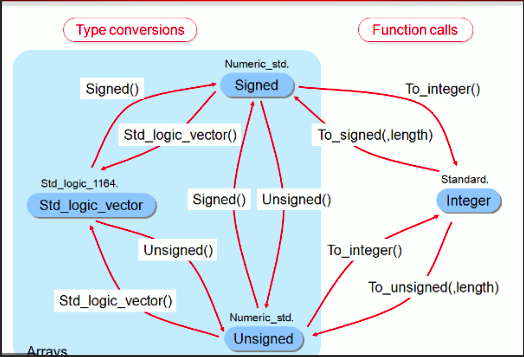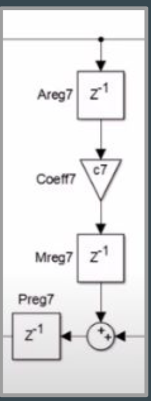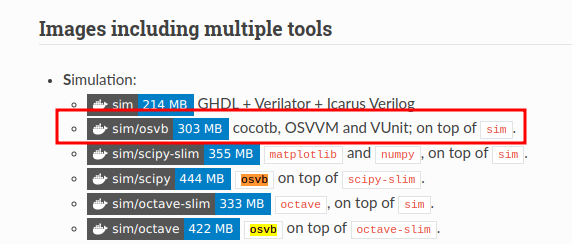Repository for TP Laboratorio DSP and FPGA (ITBA)
Add this rules: Link
For Ubuntu 12.04/14.04/16.04 create the file /etc/udev/rules.d/51-usbblaster.rules with the following contents: Also worked for ubuntu 20.04
USB Blaster
SUBSYSTEM=="usb", ENV{DEVTYPE}=="usb_device", ATTR{idVendor}=="09fb", ATTR{idProduct}=="6001", MODE="0666", NAME="bus/usb/$env{BUSNUM}/$env{DEVNUM}", RUN+="/bin/chmod 0666 %c"
SUBSYSTEM=="usb", ENV{DEVTYPE}=="usb_device", ATTR{idVendor}=="09fb", ATTR{idProduct}=="6002", MODE="0666", NAME="bus/usb/$env{BUSNUM}/$env{DEVNUM}", RUN+="/bin/chmod 0666 %c"
SUBSYSTEM=="usb", ENV{DEVTYPE}=="usb_device", ATTR{idVendor}=="09fb", ATTR{idProduct}=="6003", MODE="0666", NAME="bus/usb/$env{BUSNUM}/$env{DEVNUM}", RUN+="/bin/chmod 0666 %c"
# USB Blaster II
SUBSYSTEM=="usb", ENV{DEVTYPE}=="usb_device", ATTR{idVendor}=="09fb", ATTR{idProduct}=="6010", MODE="0666", NAME="bus/usb/$env{BUSNUM}/$env{DEVNUM}", RUN+="/bin/chmod 0666 %c"
SUBSYSTEM=="usb", ENV{DEVTYPE}=="usb_device", ATTR{idVendor}=="09fb", ATTR{idProduct}=="6810", MODE="0666", NAME="bus/usb/$env{BUSNUM}/$env{DEVNUM}", RUN+="/bin/chmod 0666 %c"Is recommended to run linux either in a partition, virtual machine or with windows wsl.Ubuntu 22.04.
What is docker? VIDEO
Follow the instructions of the two following links:
INSTALL
POST_INSTALL
In order to visualize data and make developmente easier use anaconda navigator to see the data
As base container que are going to use the following one:
hdlc/sim:osvb
In the dockerfile addd RUN pip3 install fxpmath pyfda cocotbext-axi
This python packages are also adder.
TODO: Add docker compose
Implementss a simple multiplication with this design done with VHDL. Take in account this conversions:

- VHDL Code
- Cocotb simulation
- GTK Wave
- Fixed Pointh Arythmetic
- Jupiter Notebook for visualization.
For the following excecises the coefficients and input have the following precision sQ1.15 (1 bit integeger and 15 bit fractionals). Use DE0 Nano board as target and technology for synthesis. (No need of download design to the board). Target frequency: 50 Mhz.
Using the previous implementation as base implement a Direct Form Filter.
- Make simulations using cocotb
- Load arbitrary coefficients in the design at compilation time.
- Make a synthesis/implementation with 8 coefficients
- Dont lose precision in the system
Hint: Don't forget to propagate bits for multiplications.
Using the previous implementation add Pipelining and Register to the design.

Add registers to the multiplication and make multiple replicattion to replace each multiply and add operation.
- Make simulations using cocotb
- Load arbitrary coefficients in the design at compilation time.
- Make a synthesis/implementation with 8 coefficients.
Hint 1: Don't forget to propagate bits for multiplications.
Hint 2: Verification for single cell is recommended.
Add saturation logic and truncation beetween each stage of excercise 2. The idea is not continously groth the size of the filter.
- Make simulations using cocotb
- Load arbitrary coefficients in the design at compilation time.
- Make a synthesis/implementation with 8 coefficients.
- Compare quantization error with excercise 2.
- Compare area and resource utilization with excercise 2.

